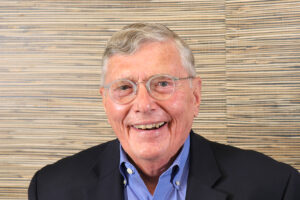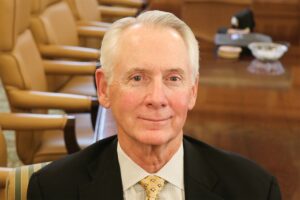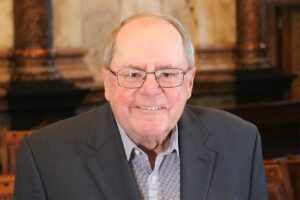Interview of Ed Berger, May 12, 2025
Interviewed by Mark Tallman
This oral history interview of former Senator Ed Berger and former President of Hutchinson Community College focuses on the role of the community college in the educational system of Kansas. Community colleges were chartered in the 1960's in Kansas and required a local referendum to be approved by the public. Seward, Barton and Johnson counties were the last 3 to charter new colleges in 1969. By 1990 there was a move to changed their governance to the Kansas Board of Regents. Several interviews in this series cover these changes, but Berger's interview really focuses Show Moremore on the community aspect of these institutions and how their educational goals changed as the community needs matured. Distance learning, technical education and linkages with economic activity of the communities were discussed and highlighted. The interview concludes with a discussion of Berger's service in the Kansas Senate as they tried to unwind the "Brownback Tax Experiment" which had led to great fiscal disruption of state finances. Berger's outlook is best described in this quote: "...Kansans are creative and resilient and...will find a way to adjust to it and still serve its public well..." Show Less





